Pid preview - Now you're thinking with Pids
Prepare to get abducted
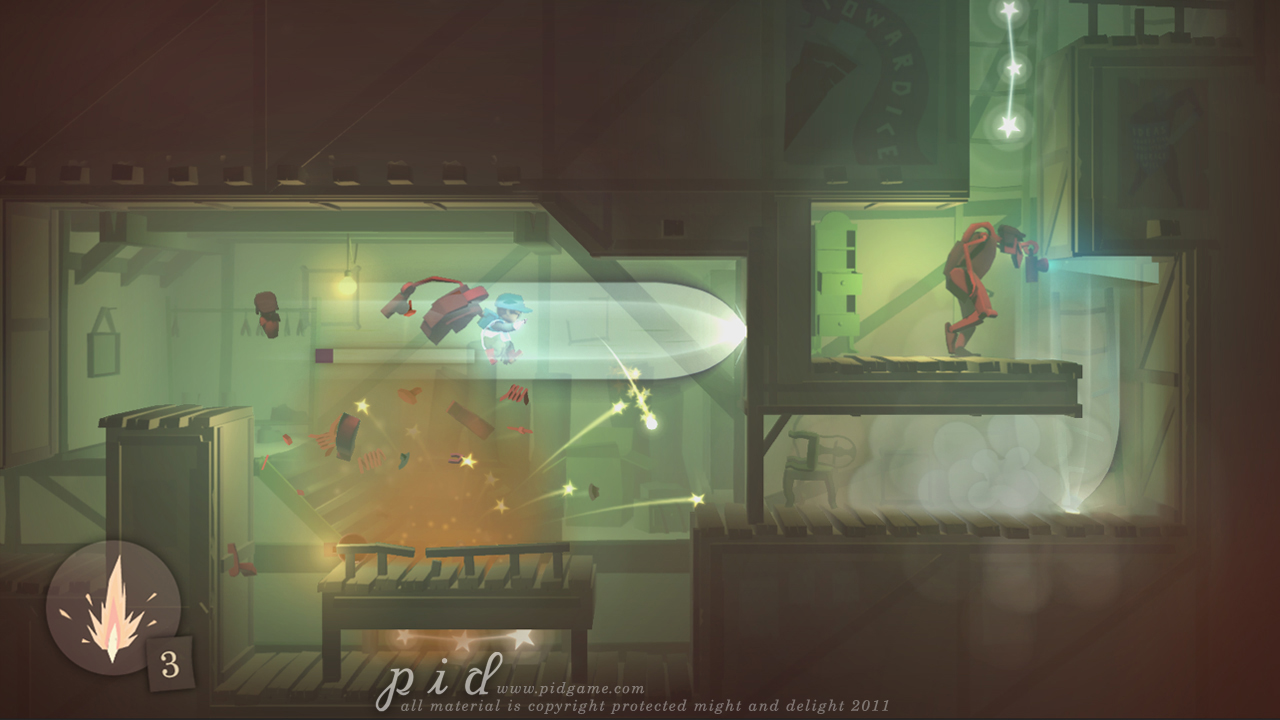
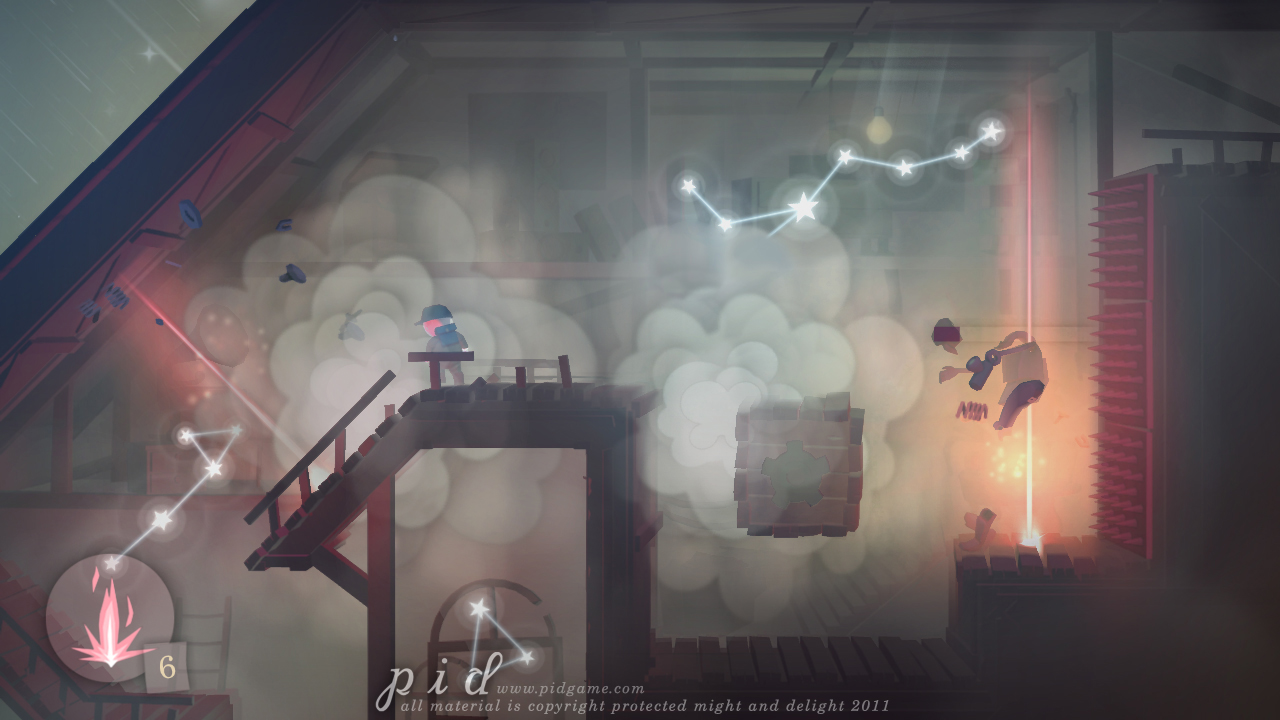
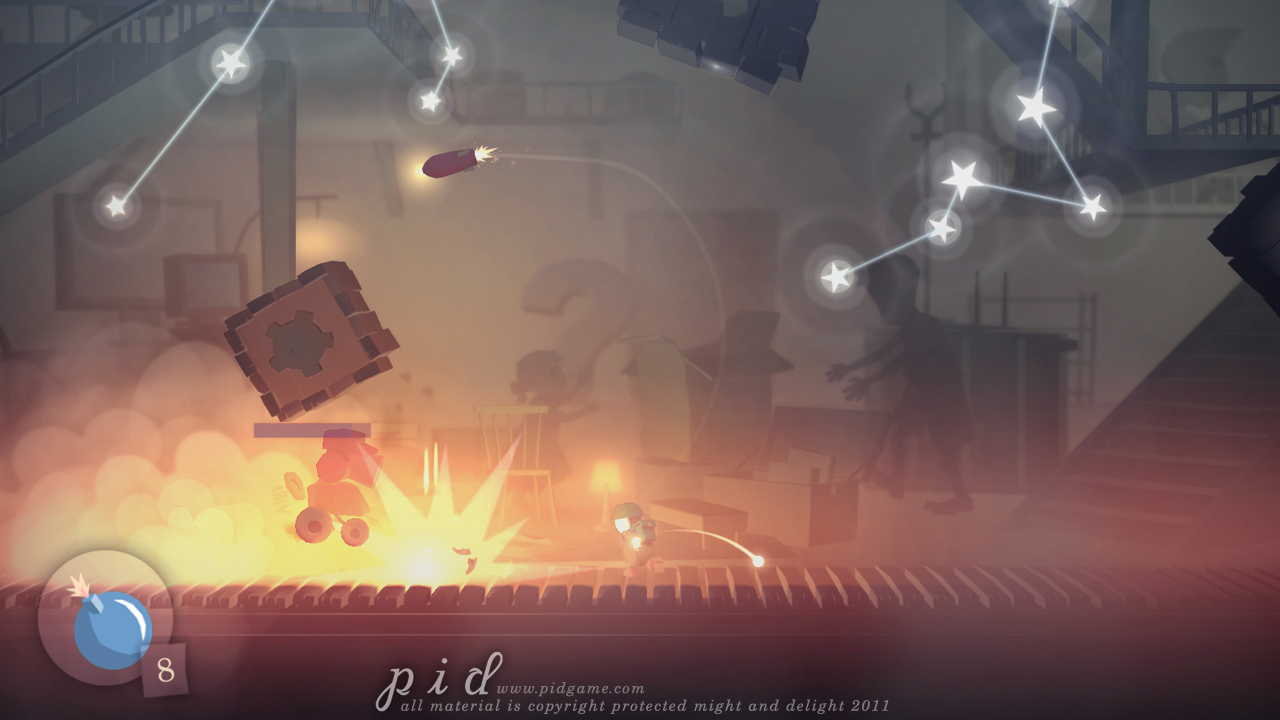
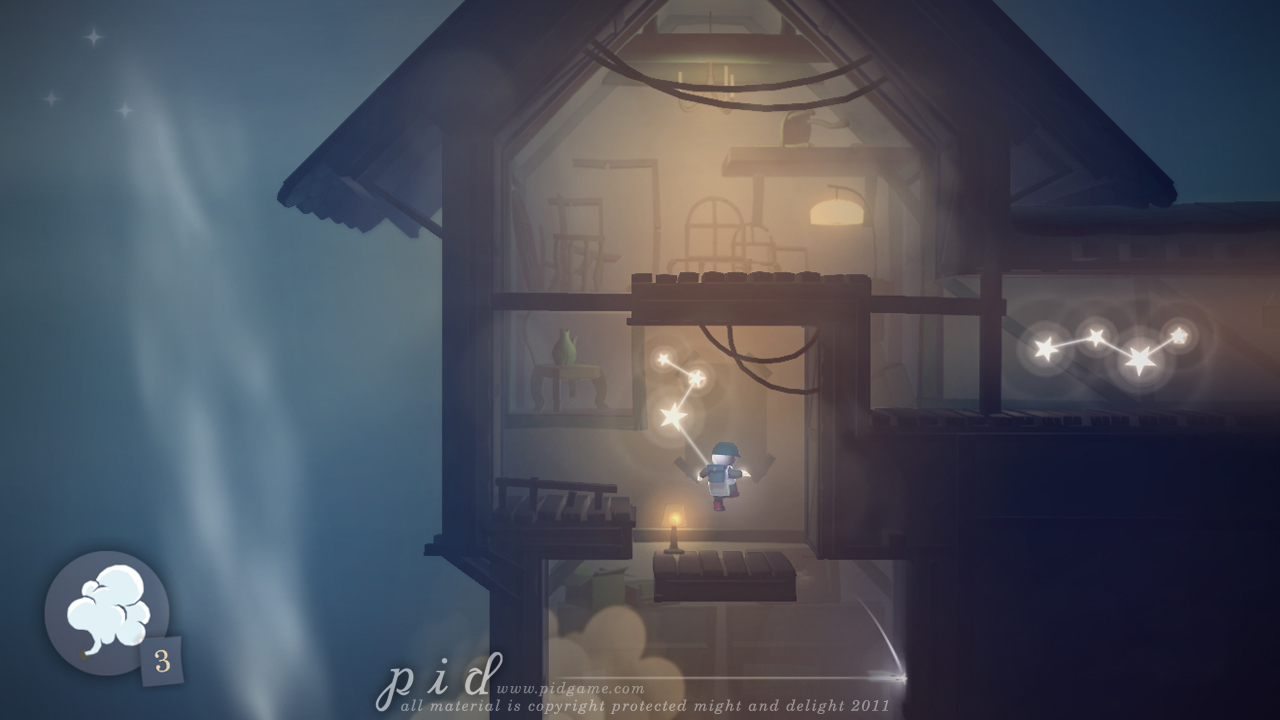
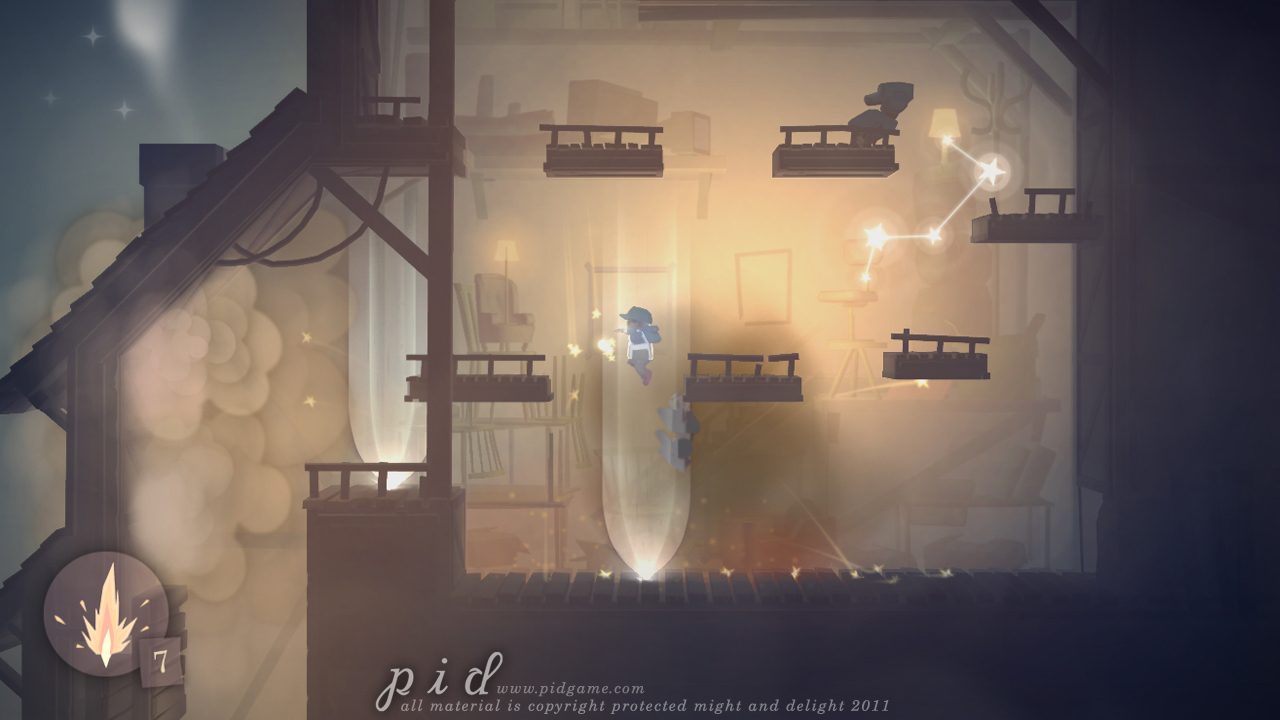
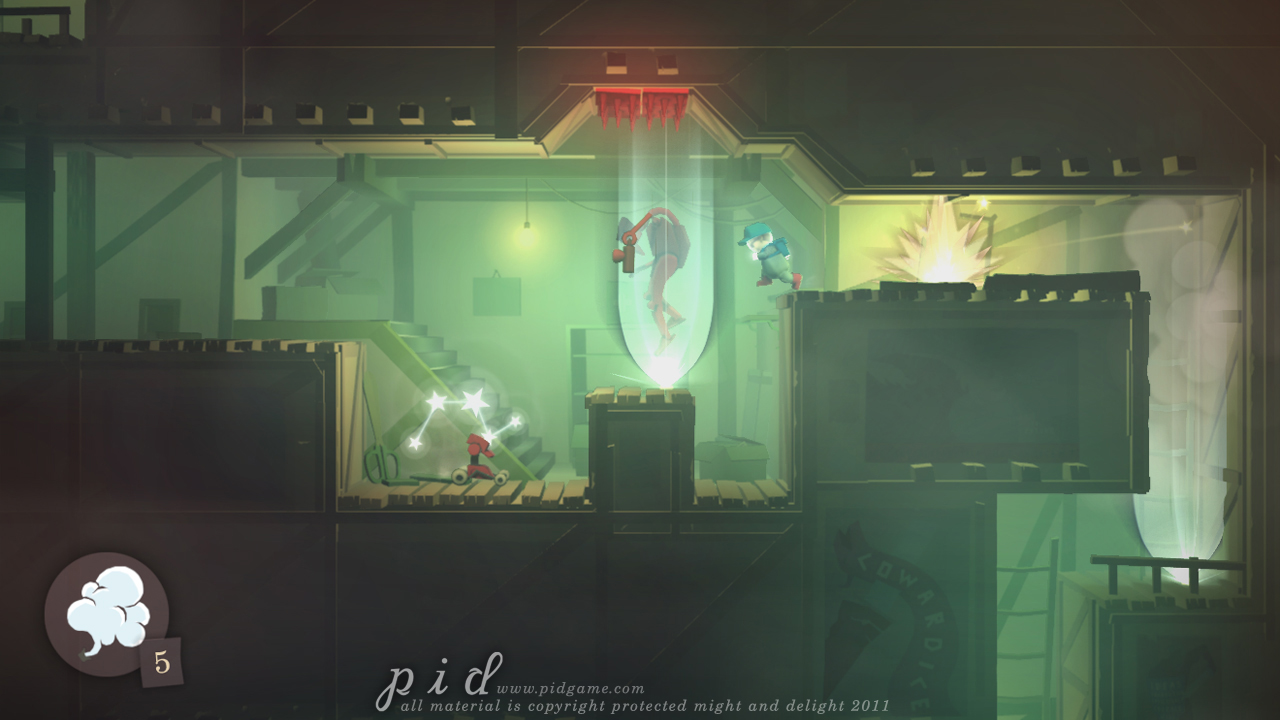
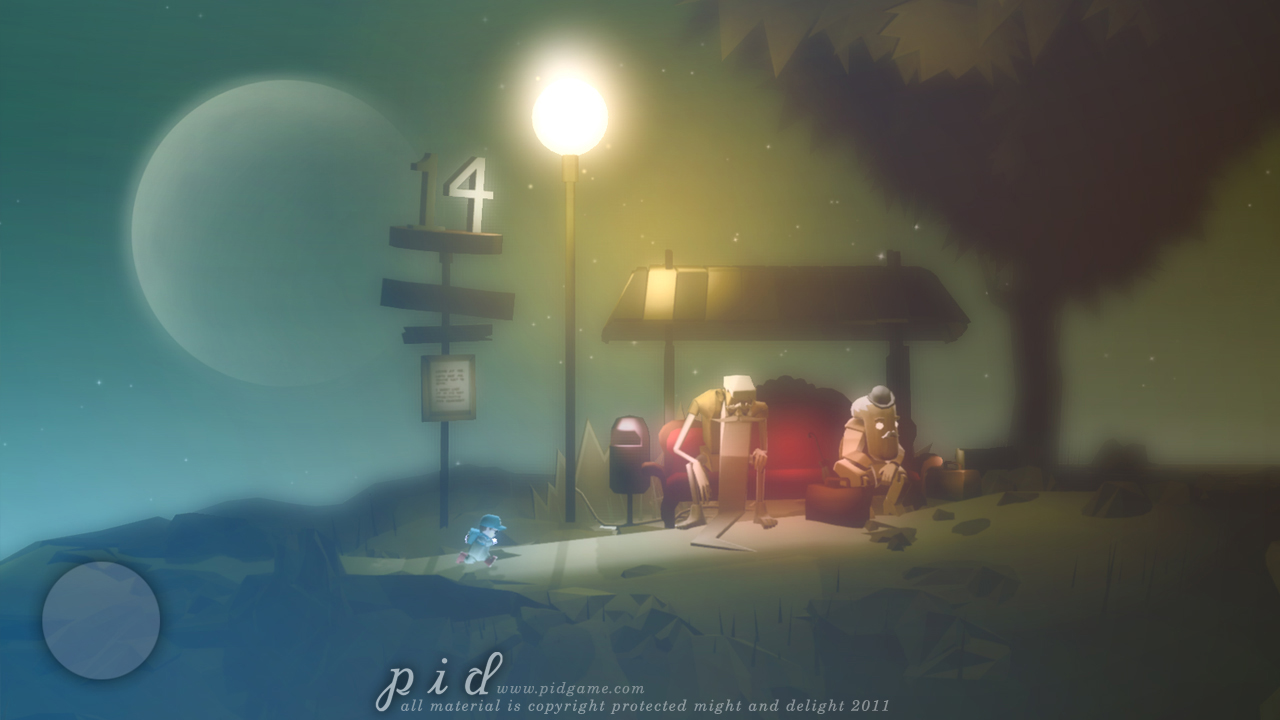
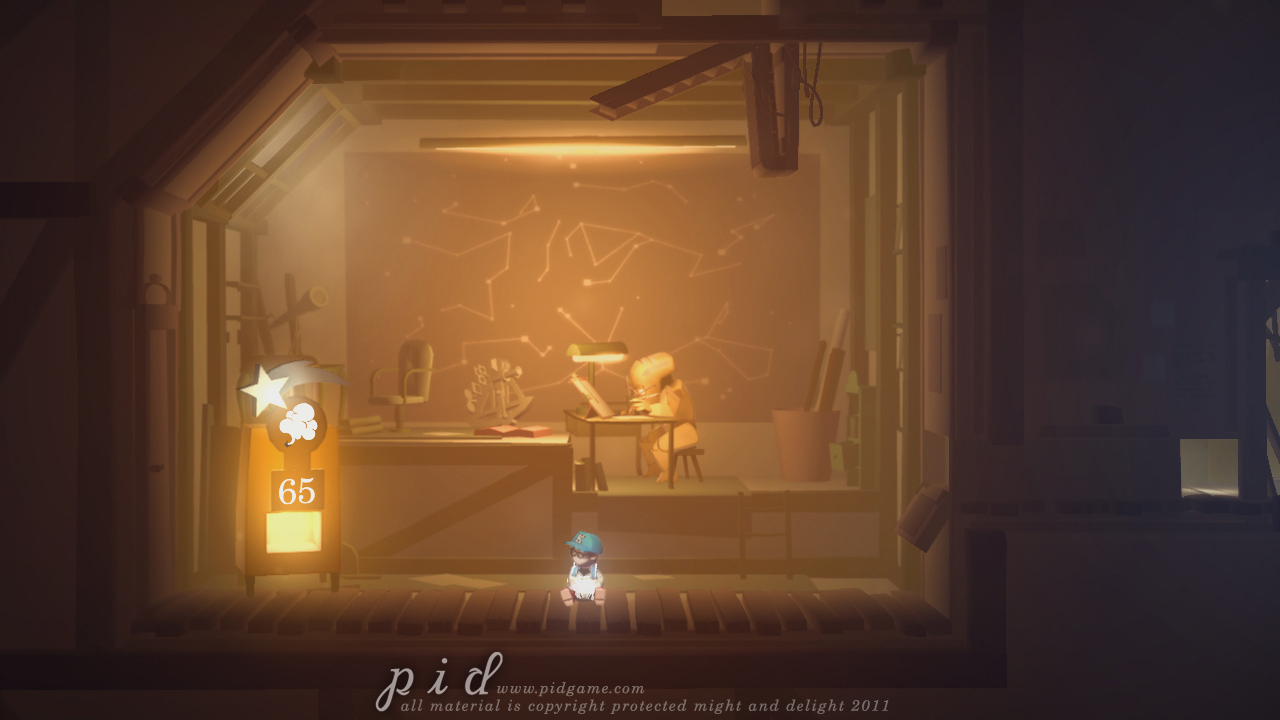
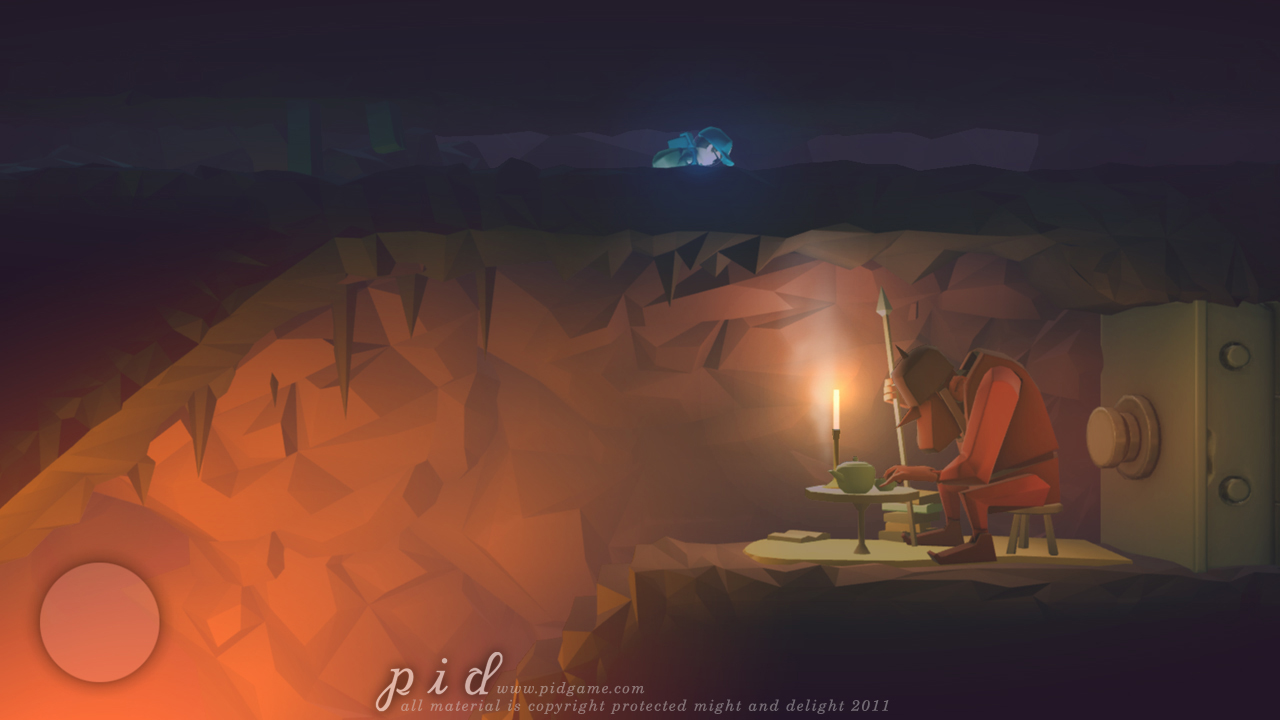
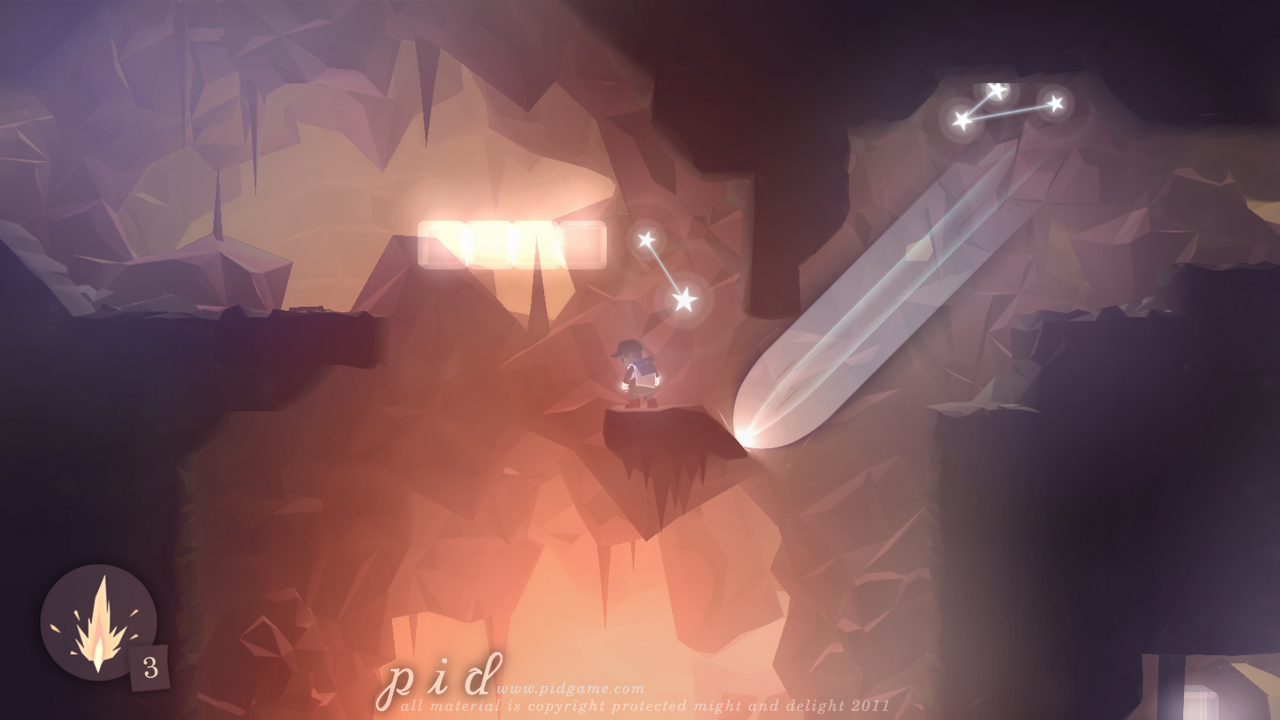
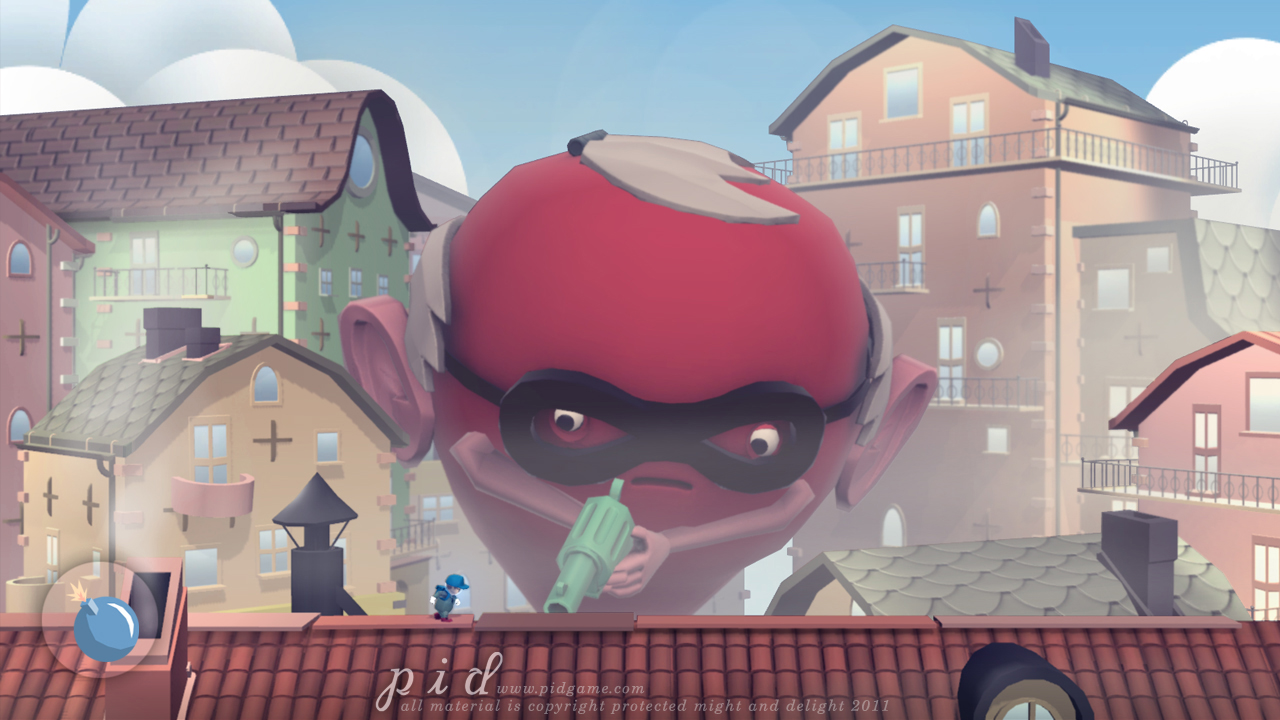
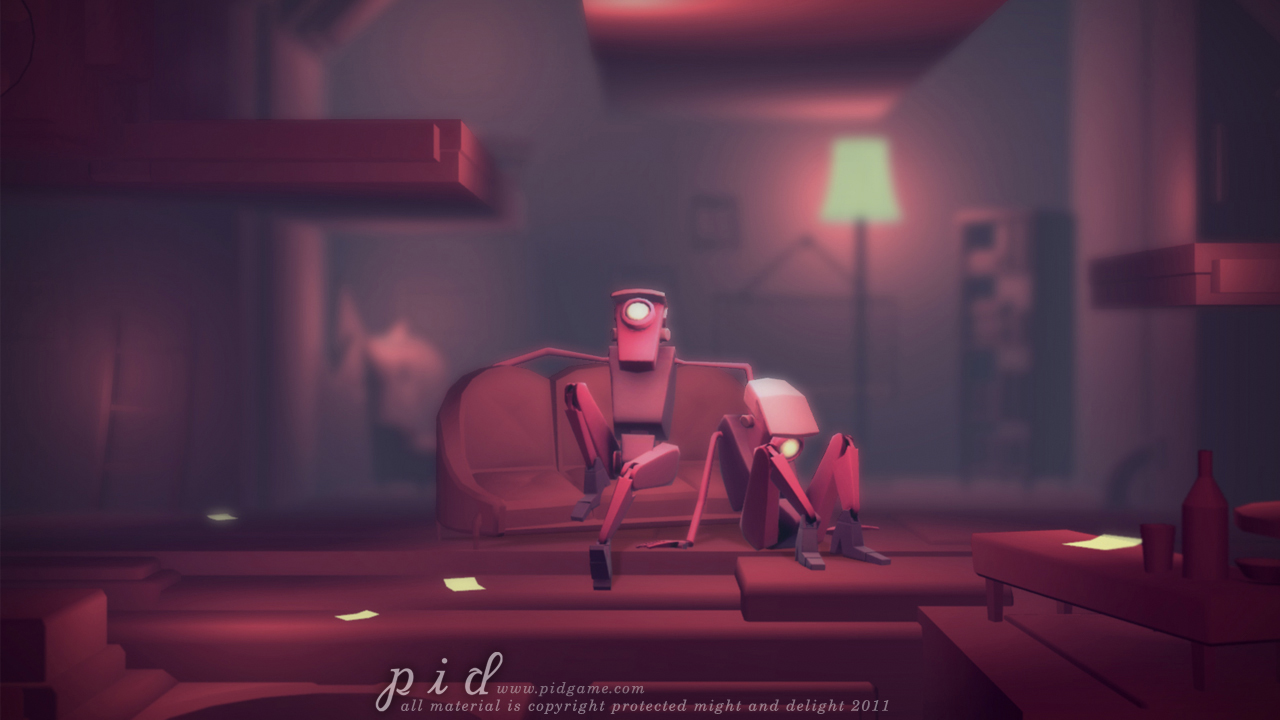
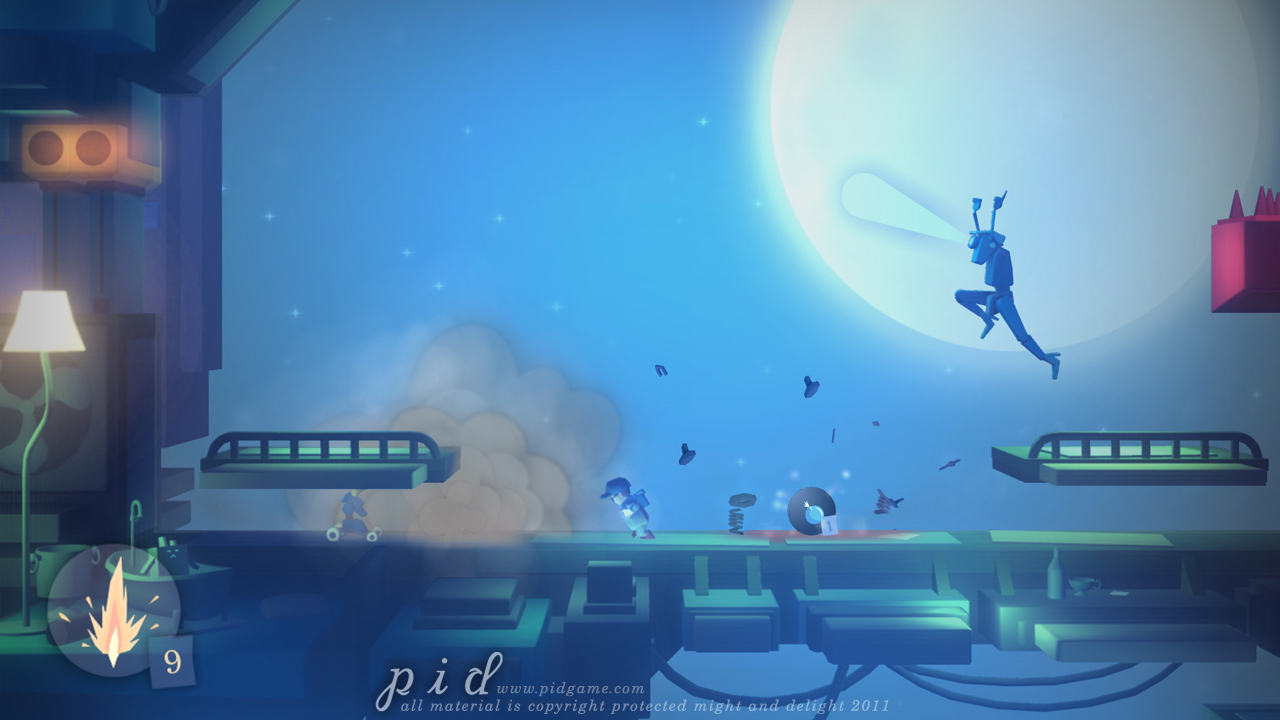
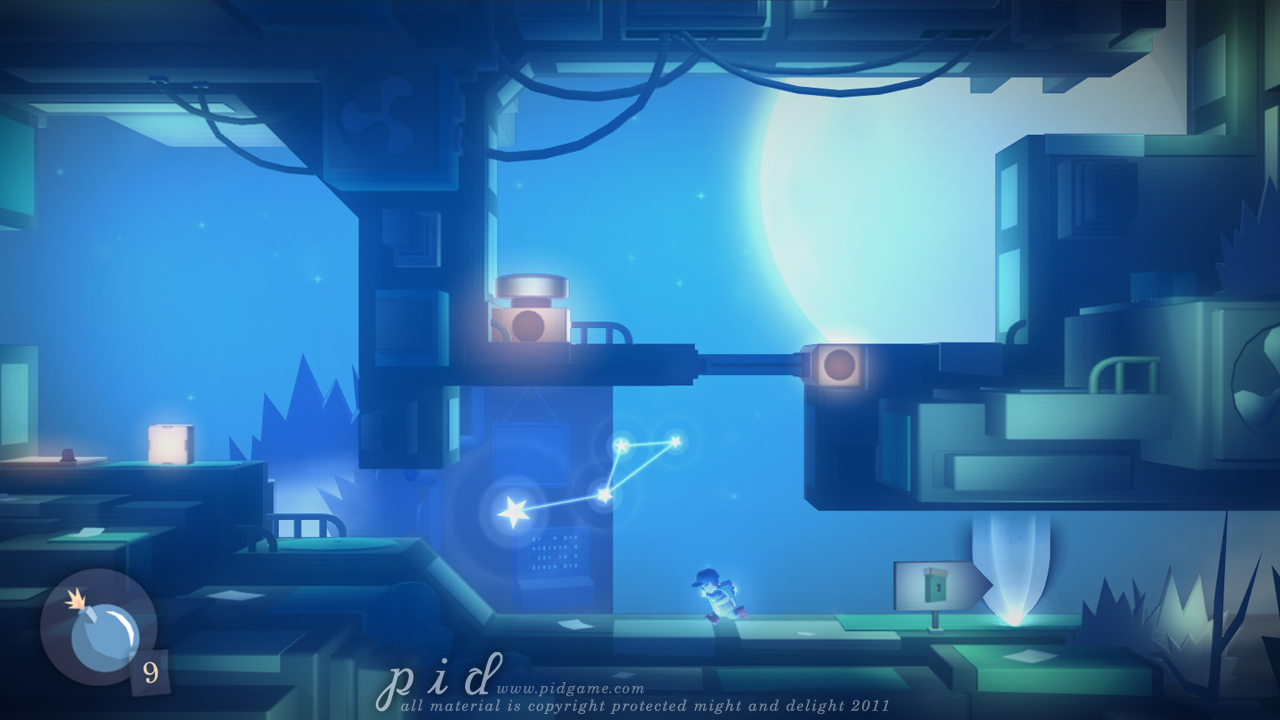

Hollander Cooper was the Lead Features Editor of GamesRadar+ between 2011 and 2014. After that lengthy stint managing GR's editorial calendar he moved behind the curtain and into the video game industry itself, working as social media manager for EA and as a communications lead at Riot Games. Hollander is currently stationed at Apple as an organic social lead for the App Store and Apple Arcade.
Just as is the case with most puzzling platformers, Pid's gimmick is simple: the protagonist is dropped onto a mysterious planet on his way to space school, and stumbles upon an interesting bit of technology. With it, the pudgy hero can toss down a marker that spawns an illuminating beam - two of these beams can be activated at a time, lifting anything caught in their light, sort of like the stereotypical tractor beams from UFOs.
From this somewhat simple premise comes bountiful puzzle opportunities. In our limited time with the game at E3 2012, we found several uses for the helpful tech. We'd toss one down to get a lift to a higher level, drop it as we fell to soften a blow, or mix two beams together to reach areas that would be impossible to access by simply hopping around.

But the more we played, the more complex things became. The light beams were fun to manipulate and reminded us, in a way, of our first experience with the Portal gun. Both required us to rethink the way we traditionally view traversal - making it so we'd begin every level looking for intriguing ways to use the mechanics to do things we're otherwise incapable of doing.
Eventually, additional folds were added to create more tense situations. Spotlights started to block our path, and we'd need to find a way to move and avoid them before we could progress, and we even started running into different enemies. Some would just block our way (in fact, they were actually shaped like blocks), while others would charge after our character, ignoring the illuminating gravitational pull and continuing to chase us down. These hurdles made Pid more tense, and added an element of pressure that some other games in the genre lack.

Pid's puzzle mechanic felt strong, the platforming was tight, and we quickly fell in love with the game's aesthetic and subtle hints towards a plot. But for as much as we enjoyed what we saw, it's what we didn't see that got us even more excited. Once we started looking at screens for the game, and got a glimpse at future levels with interesting monsters and incredibly imaginative worlds that we can't wait to explore. It was a charming experience, and we're hoping it continues to work our grey matter when it releases this year on PC, Xbox Live, and the PlayStation Network.


